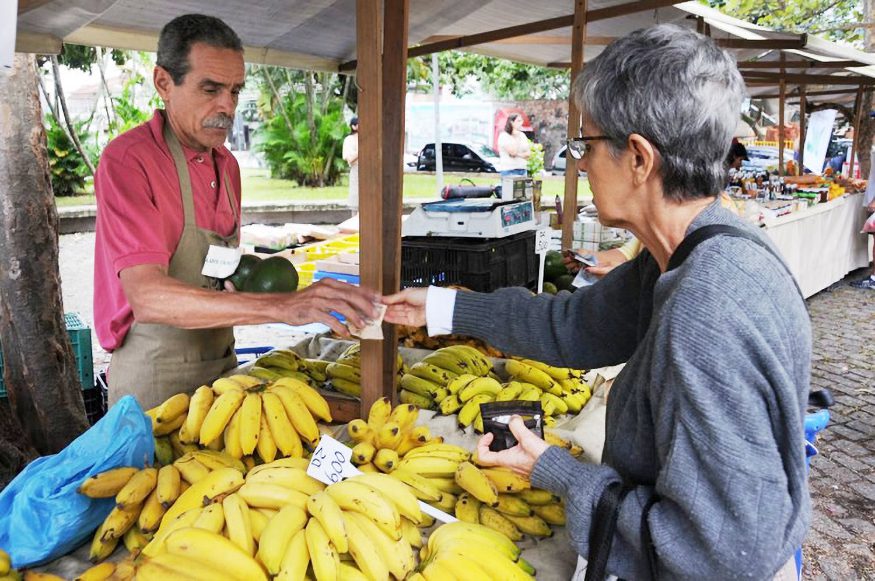Washington, D.C. – Bread for the World’s director of government relations, Eric Mitchell, issued the following statement regarding the decision by U.S. Attorney General Jeff Sessions to reverse a previous effort by the Obama administration that eased penalties for some nonviolent drug violations:
“Attorney General Sessions’ decision to end the Smart on Crime initiative will increase mass incarceration and hunger. This decision will again force federal prosecutors to pursue excessive mandatory minimum sentences for those convicted of low-level drug offenses.
“Mandatory minimums lead to unnecessary and inappropriate long prison terms, which do more harm than good for the incarcerated, his or her family, and the community at large. In the U.S., 2 out of 3 households are unable to provide their basic needs, including food and shelter, as a result of a family member becoming incarcerated, according to the 2015 report, Who Pays? The True Cost of Incarceration on Families. The attorney general’s decision to advise prosecutors to seek harsher punishments, such as mandatory minimums, will increase mass incarceration and lead to more hunger and poverty, especially among vulnerable populations and communities of color.
“Republicans and Democrats agree that instead of locking people up, we should unlock their potential. The decision to increase the use of mandatory minimums for low-level drug offenses will increase the number of parents who become incarcerated and are unable to provide for their children. This increases hunger and does nothing to fix our broken criminal justice system.”



